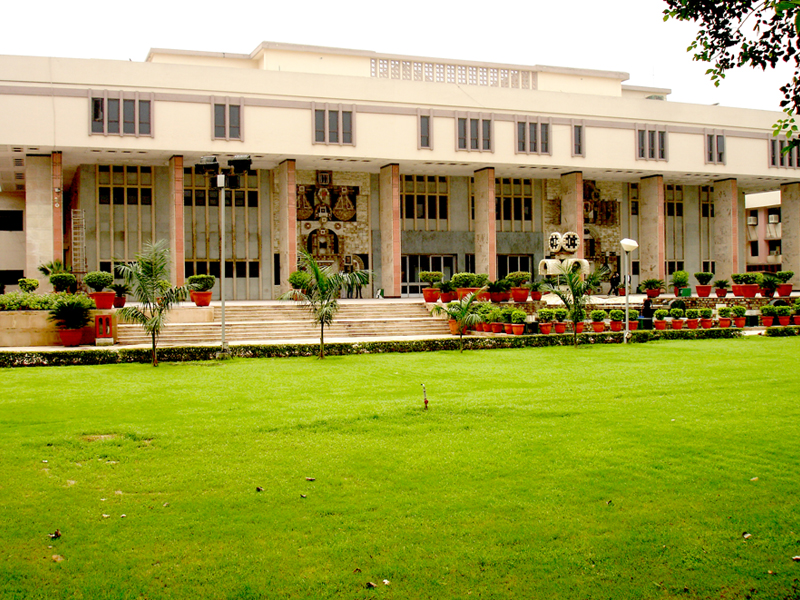A worker who willingly accepted a job that could be transferred must follow the transfer order, according to the Delhi High Court.

The Delhi High Court recently stated that an employee who knowingly accepted a job that could involve transfers across the country cannot refuse a transfer order. A writ petition was submitted to the High Court challenging the Labour Court’s decision, which ruled against the employee, stating that his employment was not terminated under the guise of a transfer. Justice Girish Kathpalia, in a Single Judge Bench, noted that the High Court’s ability to interfere in transfer matters is very limited. Transfers are part of employment and are determined by the employer based on work needs, qualifications, and experience to ensure effective use of staff.
In this case, the petitioner claimed he worked as a Senior Foreman for the respondent from September 25, 2007, to January 21, 2017. He alleged that after that date, he was not allowed to return to work and did not receive any salary. Following the government’s demonetization announcement, senior officials asked him to submit his identity card for currency exchange. When he refused, they became upset and threatened to terminate his employment.
The management later issued an order transferring him from Delhi to Chennai. He had requested in writing that his transfer be postponed until March 2017 to avoid disrupting his children’s education and asked for all transfer-related facilities as outlined in the HR Manual. The Labour Court ruled that the management did not demonstrate that the duties assigned to the petitioner were managerial, confirming that he was a “workman” under Section 2(s) of the Act. The court noted that the management had not terminated the petitioner’s employment but had merely transferred him to Chennai due to administrative needs, which he chose not to accept.
The main question in this case was whether the transfer order was punitive or had any malicious intent, making it illegal. The Bench stated that transferring an employee in a transferable service is a normal part of their career, and unless there is evidence of bad faith, there are no clear standards for reviewing transfers, as courts are not equipped for personnel management. They referred to Clause 4 of the petitioner’s Appointment Letter, which specified that his posting would be in the National Capital Region and that management could transfer him to any office or department across the country at their discretion. The Bench concluded that the petitioner had committed serious misconduct by refusing to accept the transfer order.
The Bench explained that the Labour Court rightly noted that the petitioner’s children, aged 6 and 4, would not suffer any academic harm if the petitioner followed the transfer order. Since the petitioner accepted a job that required transfers nationwide, they could not refuse the transfer. Therefore, the Bench dismissed the petition and supported the Labour Court’s decision.
Cause Title: Ravinder Mandal versus M/S D.L.F. Universal Ltd. [Neutral Citation: 2024: DHC: 8540] Appearance:
Petitioner: Advocates Pulkit Prakash & Arjun Mohan
Respondent: Advocate Varun Kumar









